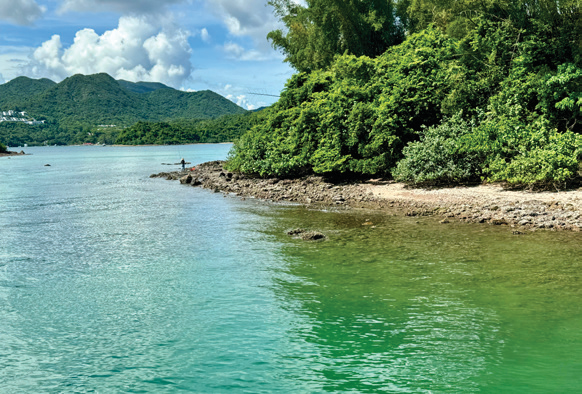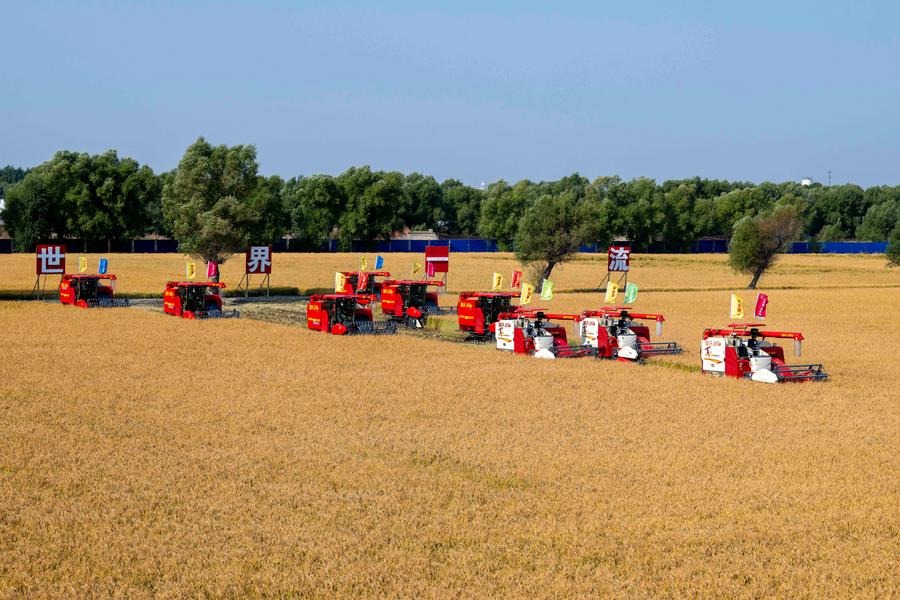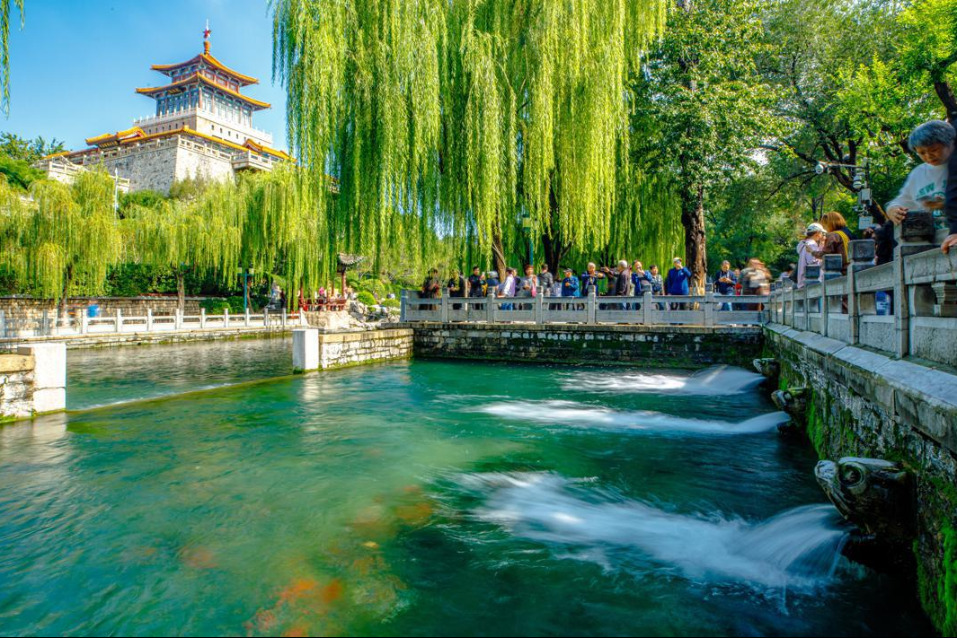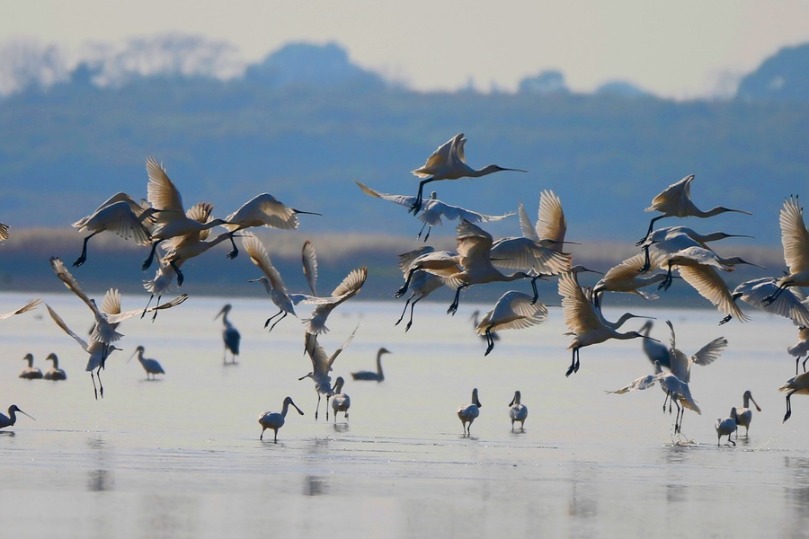Country moods


Commercially illogical
The Hong Kong Special Administrative Region government has stepped in, actively championing the growth of ecotourism through a series of measures in recent years. To achieve this goal, representatives of various sectors, including lawmakers and government officials, have held extensive discussions about supporting and improving ecotourism services and upgrading related amenities.
But, Chan — a native of the island — says running a supply station in the rural areas "doesn't align with commercial logic".
She explains that in remote areas like her village, coupled with a lack of large-scale publicity, tourists come only on weekends and public holidays, barring adverse weather conditions. Even on holidays, however, tourist numbers are modest, consisting mainly of hikers, school groups and visits arranged by travel agencies, and have gone down significantly following the COVID-19 pandemic.
Meanwhile, the operating costs never decrease notably compared to urban areas, especially transportation costs. Taking Chan's eatery as an example, shipping is mostly by chartering boats. The biggest costs, says Chan, come from renovations to meet licensing requirements — a process that had taken her almost two years with a price tag of HK$1 million ($128,000).
To get the business off the ground, her family undertook a range of projects, such as adjusting the kitchen layout, redesigning septic tanks, and installing underground drainage systems and fire prevention equipment. They had to coordinate with multiple departments, including the Food and Environmental Hygiene Department, the Fire Services Department and the Countryside Conservation Office in making various adjustments before approval could be obtained.
In Hong Kong, the standards for acquiring a restaurant license in rural areas are as stringent as those for urban areas. This has deterred many people, mainly the elderly, from starting a small rural business. Chan says few can afford high renovation costs, and the red tape is also a major hurdle.
She recalls that her family once operated holiday flats on Lantau Island but eventually had to give up due to the high renovation costs for license renewal.
Despite the obstacles, her family has strong feelings for their home turf, and aims to keep the business going as long as possible. They urge the authorities to show understanding when granting licenses for rural entities, saying increased village participation will facilitate smoother business operations, and a robust business environment will foster stronger community ties.




































